In the science of branding, “Microsoft” is a bad choice of corporate name (“micro” na, “soft” pa). Why do you think it is such a giga-success? Are you a fan of Bill Gates?
What’s in a name? The name Microsoft is obviously working for them. Bill Gates and his cohorts had re-engineered the 20th and 21st centuries histories for mankind; whether they copied or developed on other people’s ideas is immaterial. Was Japan all original in their car industry in the 70s’ and 80’s? There’s a lot of efficiency and productivity associated with using computers in the business world, but the opposite could be said for personal productivity. In a capitalistic society computers filled in a large void, but probably at a great social expense of isolation and impersonality. Bill is a typical rugged American individualist, and could easily be your-next-door neighbor. I saw his recent interview side-by-side with Warren Buffett (2nd only to Bill in wealth) and both were seemingly unpretentious. But Bill is most impressive in his visions. He had actually become the world’s richest philanthropist. Yeah – I’ll be a fan if he gives me one of his billions.
Do you admire him more than Steve Jobs?
Bill and Steve are both in the same level for me – up there – brilliant individualists who do not fit in the molds of mediocrity. They would go against the grain of many Asian and European countries that shun individuality. Were they born in another country outside of the US they would be trampled early on with their ideas and personalities. Never had any contact with Bill (save indirectly for his recurrent Windows releases), but at least I used to see Steve at the UC Berkeley Jazz Festival in the 80’s. But none of his wealth can cure his advanced premature baldness (hah – there’s justice in this world!). I am not much into idol worship, but Bill holds an edge over Steve for me.
Which IT-world figure do you most identify with?
Most IT people are too geeky to brandish in the mass media, as they severely lack social graces. Does anybody remember Paul Allen, Bill’s buddy in Microsoft’s early days? Hey – computer geeks can work in cave-like rooms, no windows nor light, no social contact or conversation of any sort, with only their internet connection to the world, and be perfectly happy (OK- I wasn’t trying to attack you readers personally). While not necessarily an IT figure one guy stood out from the rest for me – Scott Adams, a cartoonist who is the creator of Dilbert (see http://www.dilbert.com/). He made fun of white-collar workers in large corporations, people working basically on computers, following strictly hierarchical and boring daily existence (he called them the cubicle people – which I used for the folks at our executive office – but my boss didn’t think that was funny). I saw him talk at a computer conference in San Francisco in early 90’s and immediately floored me as the funniest man on earth (this was before he hit big time). Boy – can I relate to his cartoons and his satire of geekdom and corporate world! Gary Larson (of The Far Side Fame) is another hilarious cartoonist – but his humorous realm is in biology, not the corporate world.
Dang! Now I know what to ask you for Christmas – “Night of the Crash-Test Dummies” – the one missing in my Tales from the Far Side collection. But what about Sir Timothy John Berners-Lee (originator of the www), or Linus Torvalds, creator of Linux?
I had the whole series of the Far Side collection before, but had given them away after all the multiple moves. As for those two – there are a lot of unheralded geeks out there, but so are a lot of unrecognized scientists. I think their low profile speaks volumes, since most people just want to do their jobs and contribute something, but do not want the concomitant attention that fame brings.
What do you think is the reason why internet commerce (buying and selling) did not flourish in the Philippines?
E-banking infra-structure is an integral part of any commerce. Any weakness on this (whether security or availability) and the e-line commerce is naturally flawed. It is also related to the level of consumerism, which is related to the level of disposable income. The latter two are very high in the US, contributing to crass materialism (look at what is being sold at eBay, and what people are paying for them). I think a fine balance of consumption, while maintaining the survival of small businesses, could work for the Philippines. The supply and demand chain, of course, has to synch up with inventory and distribution, so you in the agri-business side have a lot of challenges (I am assuming here that PI is still highly agrarian). Only few industries can thrive well on e-commerce, since highly perishable and bulky goods can be really costly to ship overnight or urgently. My 2-cents worth anyway (learned it from hanging around eBay too long, waiting for my bids!).
Filipinos want to see and pinch the merchandise before parting with their money, something they can’t do over the internet. And they are not comfortable revealing their credit card number over the net. Not only that, majority of Filipinos do not have enough disposable income to afford a credit card. Ooppss, am I answering my own question?
Looks like it. Online security is still the biggest issue, not just on new emerging networks but where credit cards are ubiquitous there’s higher occurrence of cyber crimes, especially identity theft.
Last Updated on April 11, 2021 by Tudla_Admin


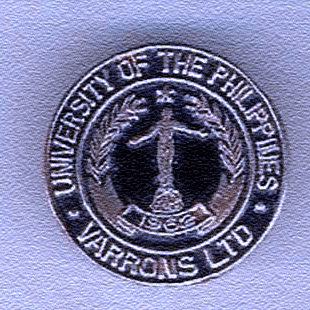






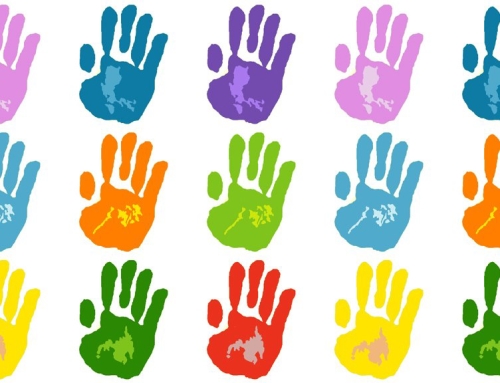
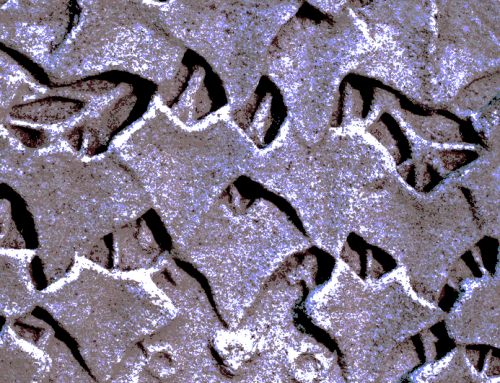

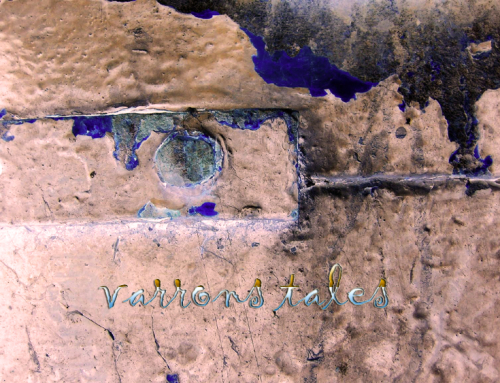
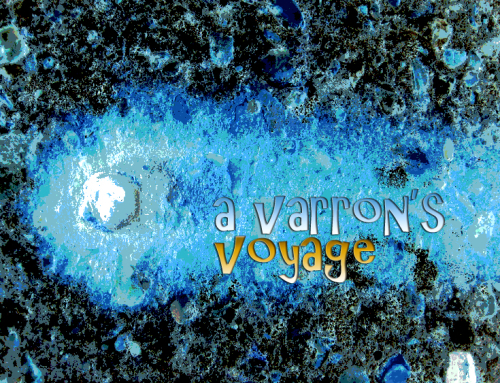

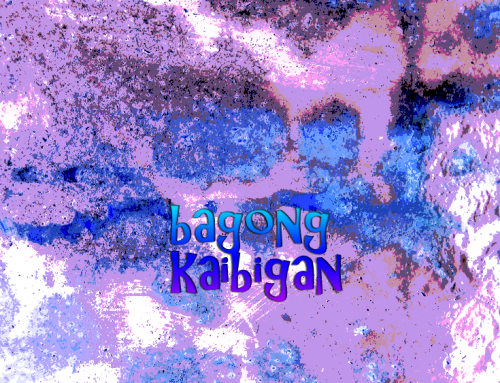
Leave A Comment